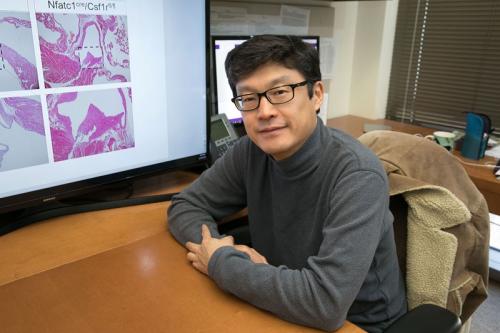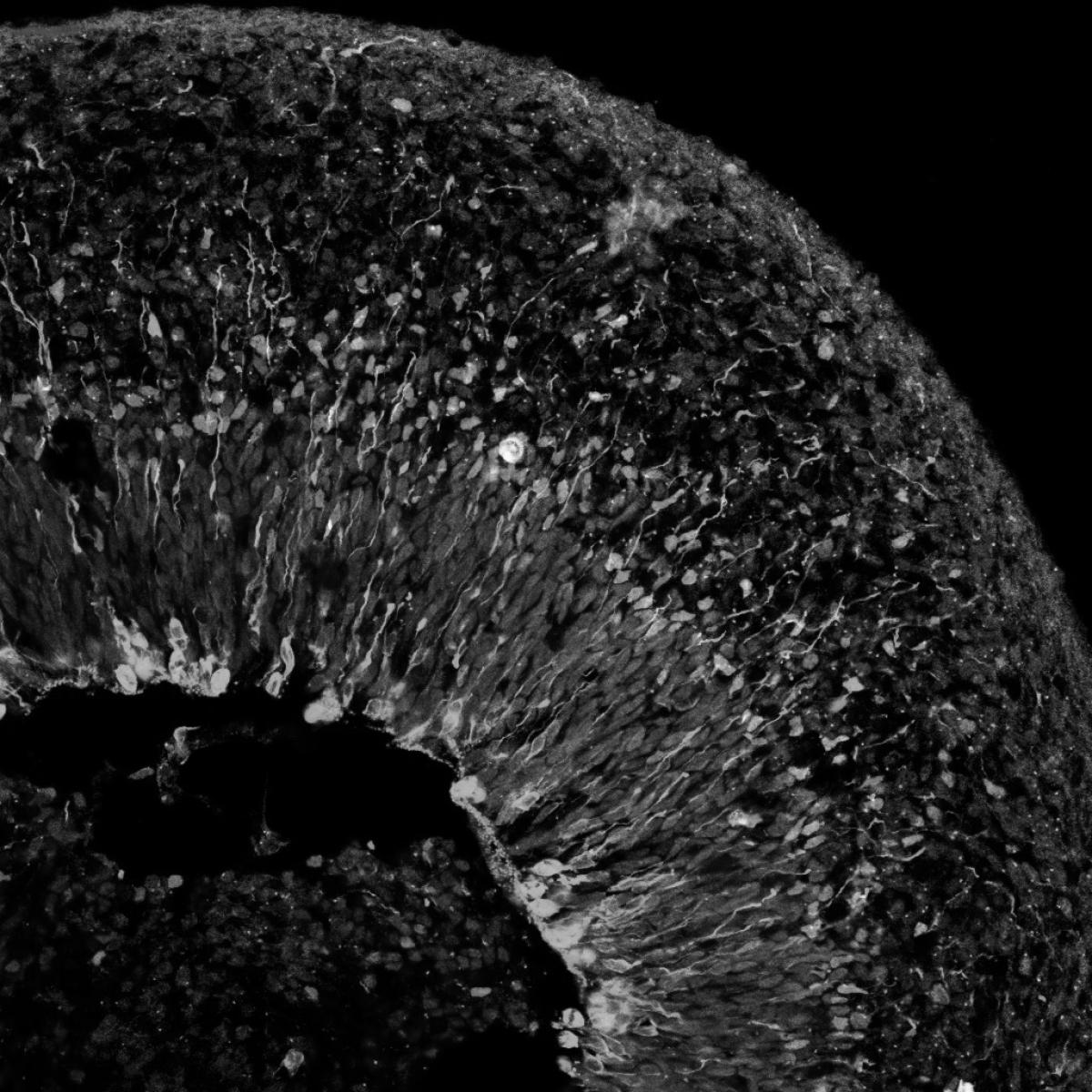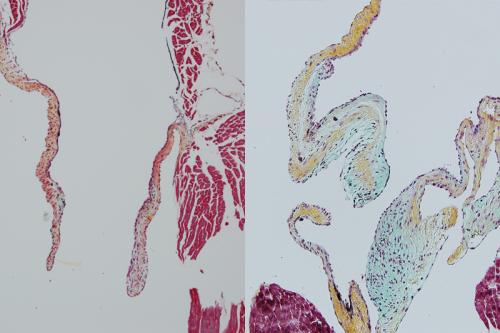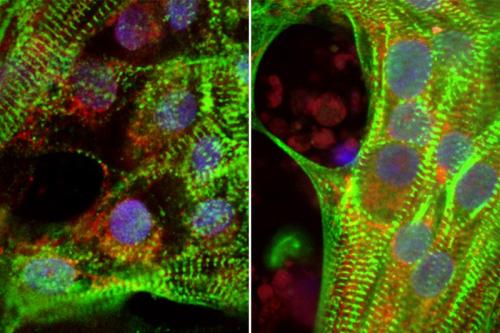
Atsushi (Austin) Nakano, M.D., Ph.D.
- Professor, Molecular, Cell and Developmental Biology
- Professor, Medicine

Atsushi (Austin) Nakano, M.D., Ph.D., studies how various types of diverse and specialized cells form the structure of the heart, deform during disease and reform after injury. He hopes this work will inform the development of novel regenerative treatments for heart disease and new approaches to reduce the risk of congenital heart defects.
Nakano’s experience as a cardiologist drives his research interest in the mechanisms underpinning embryonic heart development. He studies the regulation of the process through which stem cells arise from non-cardiac tissue during embryonic development, explores the molecular processes that inhibit the division of cardiac muscle cells and examines how the adaptability of cardiac cells to change and adopt characteristics of other cells contributes to cardiac development and disease.
While the postnatal mature heart has a limited capacity to regenerate, cells in the embryonic heart are plastic, or undifferentiated. Nakano has made two key discoveries that could have a profound impact on the development of cardiac stem cells that can be used to regenerate heart tissue following a heart attack: he found that immature cardiac muscle cells can change to become blood progenitor cells or the cells that make up blood vessels; and discovered that progenitor cells that normally give rise to blood stem cells can also give rise to cardiomyocytes.
Another area of focus for Nakano is examining how disturbance of the metabolic environment in diabetic pregnancy increases the risk of congenital heart disease via the excess production of nucleotides. Using a mouse research model that mimics diabetic pregnancies, he discovered that high levels of glucose alter fetal tissue metabolism. Nakano hopes this finding will enable the creation of therapeutic interventions that can cure or prevent congenital heart disease and help babies live healthy lives.
Research Projects
- Understanding how cardiac progenitor cells Descendants of stem cells that can further differentiate to produce one or more specialized cell types. They are more limited than pluripotent stem cells in that they cannot self-renew indefinitely and can only produce a limited range of specific cell types. For example, neural progenitor cells can only produce neurons. progenitor cells Descendants of stem cells that can further differentiate to produce one or more specialized cell types. They are more limited than pluripotent stem cells in that they cannot self-renew indefinitely and can only produce a limited range of specific cell types. For example, neural progenitor cells can only produce neurons. develop into a functional cardiovascular system
- Determining how hemogenic endocardial cells are generated and understanding their role in the formation of the cardiovascular system
- Identifying how cardiac macrophages contribute to heart formation and function
- Illuminating how the metabolic environment impacts cardiac development and regeneration
- Investigating how high blood sugar levels in diabetic pregnancy cause congenital heart disease to develop targeted interventions to help diabetic mothers deliver healthy babies
-
Post-doctoral Fellowships
- Stem Cell Biology, Harvard University, 2008
- Stem Cell Biology, UC San Diego, 2004
- Developmental Biology, Vanderbilt University, 2004
Residency
- Clinical Cardiology, Tenri Hospital, Japan, 1997
Degrees
- Ph.D., Genetics, Osaka University Graduate School of Medicine, Japan, 2001
- Ph.D., Medicinal Science, Kyoto University Graduate School of Medicine, Japan, 2001
- M.D., Kyoto University School of Medicine, Japan, 1993


